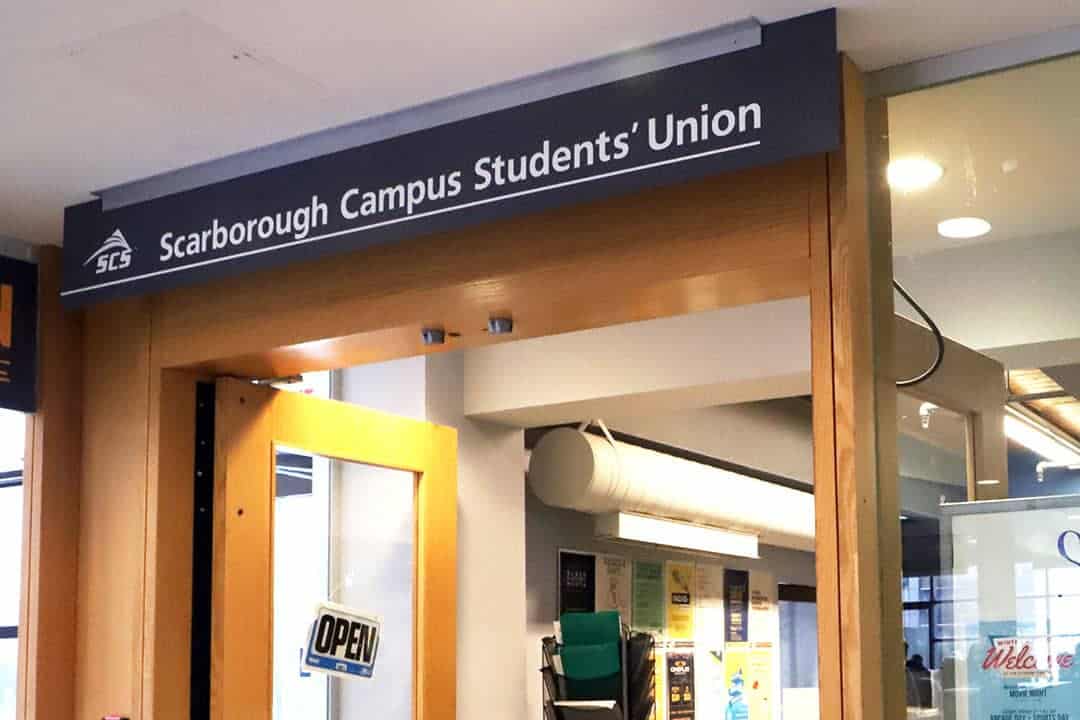The UTSC Campus Council met on March 9 to discuss changes to provincial COVID-19 policies and how they will affect the university. University administrators also explained the operating budget for the 2022–2023 academic year and went over changes to the Ontario Student Aid Program (OSAP).
COVID-19 updates
William Gough, vice-principal academic & dean, confirmed that about 80 per cent of UTSC courses have returned to in-person learning. However, some courses remain online either due to the health concerns of instructors or because the course began in September as an online offering.
Gough added that the university will make an effort to provide more courses in the summer. This is meant to alleviate the burden for students who, for a variety of reasons, were unable to attend in-person classes.
UTSC’s Chief Administrative Officer Andrew Arifuzzaman commented on Ontario’s recent announcement of lifting of COVID-19 safety measures as they apply to campus activities.
“The university is being directed, in terms of its actions, as are all the other postsecondary institutions in Ontario, by order from the chief medical officers of health,” Arifuzzaman said. This means that while the provincial government may be announcing changes for the province as a whole, the university has yet to receive specific directions from the chief medical officers.
The university will update its policy as it receives new information, but Arifuzzaman suggested that masks “will be in place throughout the rest of this term.”
Arifuzzaman added that there have been no outbreaks on campus since the return to in-person learning, though there have been “occasional cases of Omicron in residence.”
In her updates, Sheila John, assistant dean wellness, recreation & sport, spoke on UCheck compliance. Upon return to campus, students may be asked by a UCheck Ambassador to show a green screen — which indicates that a student is allowed to come on campus. John said, “Over the last week, our green screen staff indicated [that] over 94 per cent of students are remembering to complete their daily screening, with 100 per cent of those screens being green screens.”
Lastly, sports and recreation as well as other club activities have begun on campus again. Additionally, 700 students are now living in residence.
Breakdown of university budget
Cheryl Regehr, the university’s vice-president & provost, presented a summary of the budget. “This year, we’re projecting a total budget revenue and expenses of… $3.23 billion, which is an increase of $110 million [in revenue] over last year.”
Tuition and fees represent 68 per cent of the university’s income, and operating grants represent another 20 per cent. Fifty-eight per cent of the budget will be allocated for the compensation of faculty and staff, while 10 per cent will be allocated to student aid.
OSAP and UTAPS plans
Jeff Lennon, interim assistant vice-president, planning & budget, also presented a breakdown of the institutional budget. His presentation included updates to Ontario Student Aid Program (OSAP) grants and how the university plans to deal with these changes.
“Students from families with income above $140,000 [are] no longer eligible for non-repayable grants and every student will receive… at least 10 per cent specifically of their OSAP funding in the form of repayable loans,” Lennon explained. “As a result of these changes, we’ve seen a drop in the number and proportion of our students receiving OSAP support.”
While 64 per cent of undergraduate students received OSAP in the 2018–2019 academic year, only 57 per cent received OSAP funding this year.
Lennon explained that the university generally “tops up” OSAP support with its own University of Toronto Financial Aid (UTAPS) bursary program.
Still, the “assessment of financial need” within the UTAPS bursary program is largely determined by the assessment criteria set out by OSAP. As such, Lennon said that the university is reviewing the UTAPS program to “[make] it more responsive to student financial needs, and less reliant on OSAP assessments.”
The council also approved changes to the Student Experience and Wellbeing fees and the compulsory non-academic incidental fees for UTSC student societies, which had been presented at the UTSC Campus Affairs committee meeting in February.


